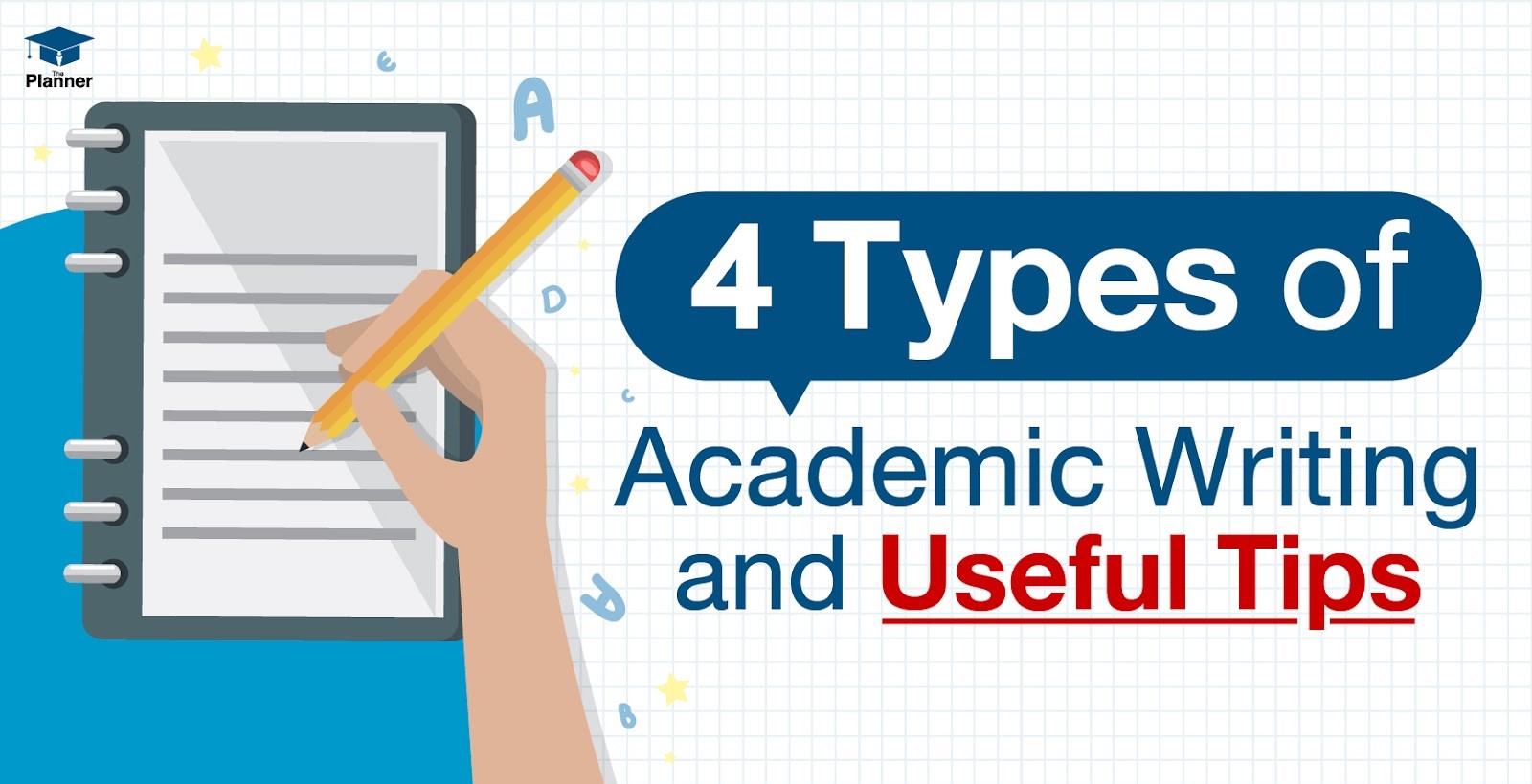
If you are learning English as a second language, you surely need to study about how to write a proper essay. There are 4 types of academic writing which are descriptive, analytical, persuasive, and critical essays. Each of them has its unique objectives and kind of writing style which we are going to discuss below:
- Descriptive Writing
You can see descriptive writing almost everywhere and everyday, at a shop where you find a product description of a shampoo or juice. However, in academic writing, you will find it in reports or summaries of some events. You need to describe events, processes, or statistical information. Therefore, the main purpose of this writing is to give facts and information and also answer the “what,” “when,” “where,” and “who” questions to the audience.
Tips:
- Give information that the audience needs to know as much as possible, but remember that it needs to be precise and clear
- Analytical Writing
Analytical Writing is the second most used writing form in the academic field. Unlike the descriptive writing, here you need to explain the facts that you gave in the essay. You need to research a little bit more on the topic you are writing about because you need to give some proof or evidence to support your conclusions or discussions, so you need to be very objective. The writing should answer the “why” and “how” questions to the audience.
Tips:
- Avoid generalisations and oversimplifications
- Always use an academic source to support your description
- Make sure that your research match with your statement logically
- Persuasive Writing
This is the advanced version of analytical writing, together with all the facts or information that you are giving in the analytical writing, here you finally can add your thoughts and opinions in it. You can say that this is your interpretation of all the information that you have researched on the topic that you are writing, or this is the time where you recommend the audience on what to do next, supported by the facts that you gave.
Tips:
- Develop a valid argument that supports your opinions and it should be clear to the reader.
- Give evidence on every point that you make makes your writing more convincing and persuasive: data, examples, words from experts.
- Focus on your language, your tone needs to be persuasive, you can try to make the audience flattered by saying some compliments or reduce the space between you and the audience by using “You”
- Critical Writing
We have come to the most complicated type of writing. While persuasive writing asks for your own opinions on the topic, critical writing requires you to have one more point of view from someone else. As you may experience, when you are buying something online, you tend to read many reviews from different people before you decide to spend your money on it. Same as critical writing, the audience tends to trust you more if you have someone else’s opinion stated in your essay as well. You may find this kind of writing in research, dissertations, and of course, review.
Tips:
- Truly understand the topics or issues that you are writing in order to write a clear argument or your thesis statement
- Always try to include your interpretation on the evidence that you found
- Don’t put a long quote unless you want to discuss it in detail.
- Add transitional words and phrases to make your writing clearer, e.g., moreover, for instance, thus, accordingly, above all.
An additional tip that we want to give you is to always revise your work. It is a must to always go back and recheck your writing before submitting so that you can correct the wrong points, ideas or maybe your typos. Make sure you are professional enough to not leave unacceptable mistakes on your work.
We understand how important studying is, let us be a part of your bright future.
See what courses are the best for you: GED | IGCSE | A-Level | SAT | IELTS | TOEFL-MUIC | CU-TEP | TU-GET | GSAT | CU-ATT | CU-ATS | BMAT | ACT | IB
Are you ready to catch your dream with us?

